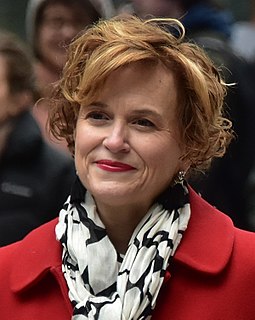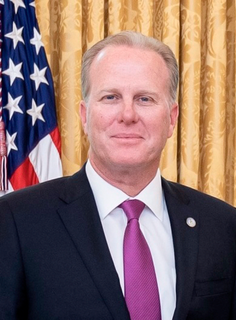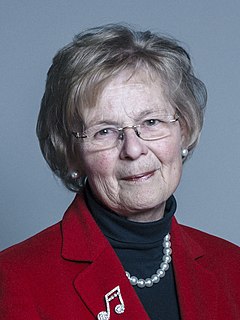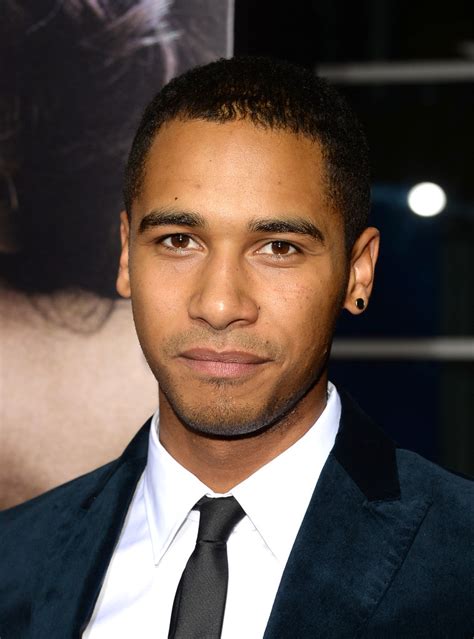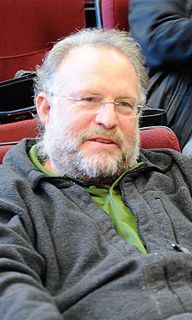A Quote by Heather Mac Donald
Big-city police chiefs feel more pressure from race activists than from the hard-working residents of high-crime areas, who fiercely want more policing but have no spokesmen to defend their interests.
Related Quotes
Policing has to be done compassionately and consistently. You cannot police differently in Harlem than you're policing downtown. The same laws must apply. The same procedures must be employed. Certain areas at certain times may have more significant crime and require more police presence or more assertiveness, but it has to be balanced.
Gun laws are an attempt to nationalize the right of self-defense. Politicians perennially react to the police's abject failure to prevent crime by trying to disarm law-abiding citizens. The worse government fails to control crime, the more the politicians want to restrict individuals' rights to defend themselves. But police protection in most places is typical government work - slow, inefficient, and unreliable.
The strengths of our city historically have been connected to being a home for residents from all backgrounds: immigrant residents, residents who represent a diversity of race and economic situations and perspectives. And if we don't address our housing crisis, and the dramatically rising cost of living, we will lose that core of our city.
The murder clearance rate now in my city Baltimore is almost non-existent. Nobody can solve a murder, nobody can do any actual police work, because they've learned how to do bad police work, chase drugs. Fighting vice, while being unable to respond to sin. Generations of cops have learned how not to police work by policing the drug war. Not only are they police brutal, they're ineffective. Baltimore is more violent than it has ever been in modern history.
Tonight, I propose a 21st Century Crime Bill to deploy the latest technologies and tactics to make our communities even safer. Our balanced budget will help put up to 50,000 more police on the street in the areas hardest hit by crime, and then to equip them with new tools from crime-mapping computers to digital mug shots. We must break the deadly cycle of drugs and crime.
I have a letter from a police inspector, retired after some 30 years in rural Derbyshire, alerting me to the potential impact of a total ban on hunting on relationships between the police and the community in rural areas - a particularly significant consideration in current circumstances. Is it, I ask myself, sensible to divert valuable police time to enforce a ban on hunting when they are under so much pressure from violent crime?
I don't feel pressure, because I do what I want to do. I don't feel pressure at all. I've never done any movies because I thought this was what somebody wanted me to do. I'm a bit more, for lack of a better word, selfish than that. But like I say in the movie, you do what you have to do so that you can do what you want to do.
'By Any Means' follows a team of behind-the-scenes crime-prevention team - not police. They basically go to the areas of crime where the police can't touch and organised crime fighting units can't go to - in the public eye - to bring about real justice, treading the line between 'true' justice and what the law says is justice.



